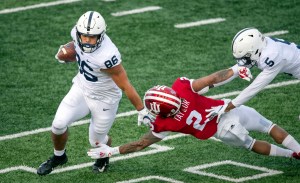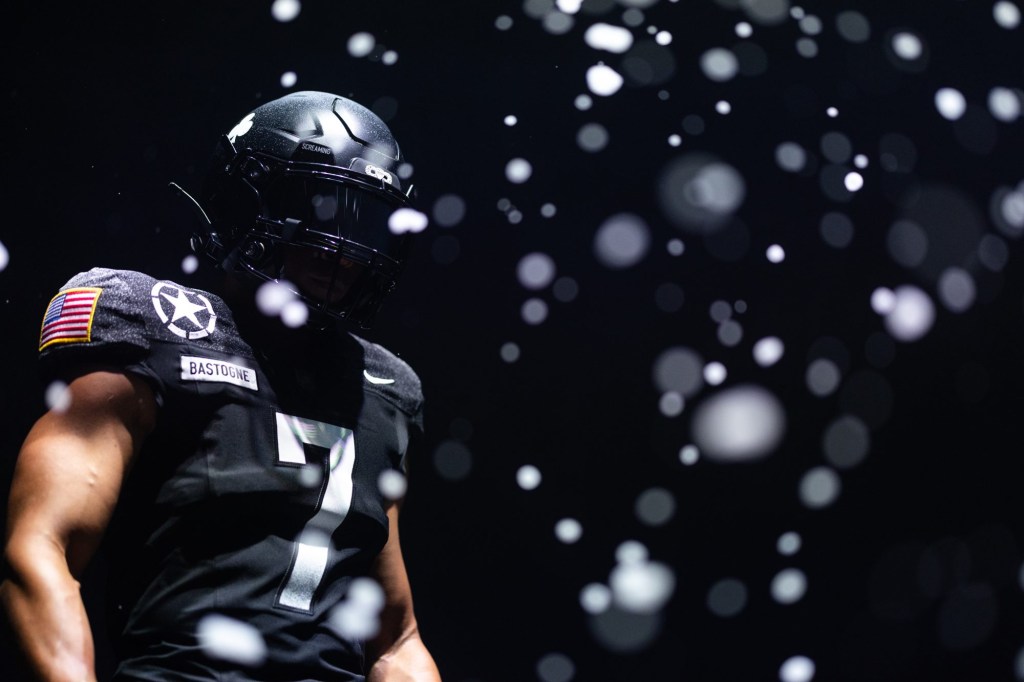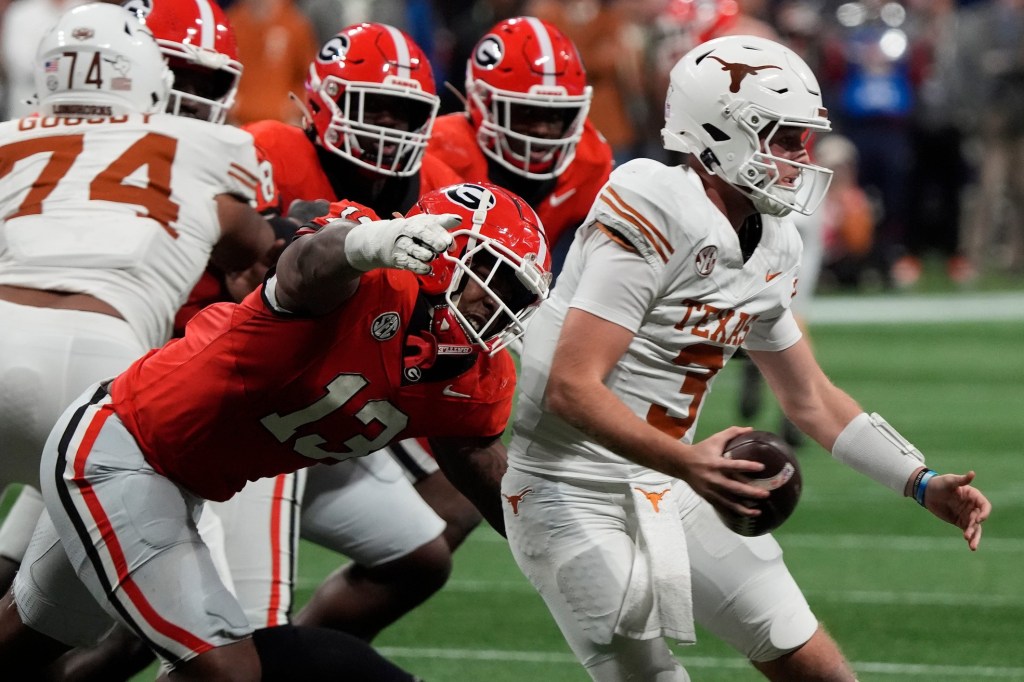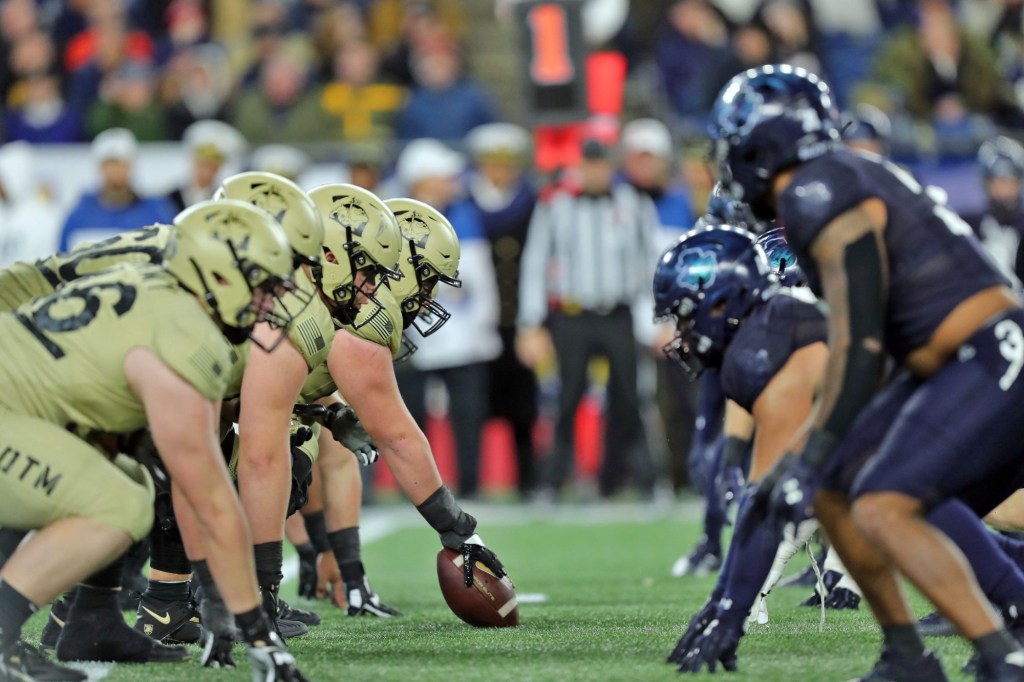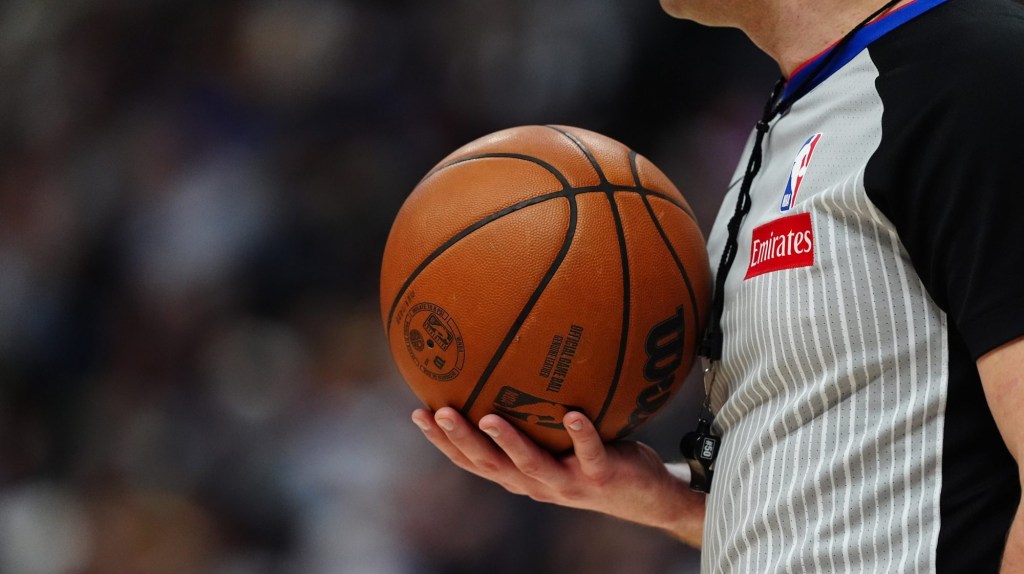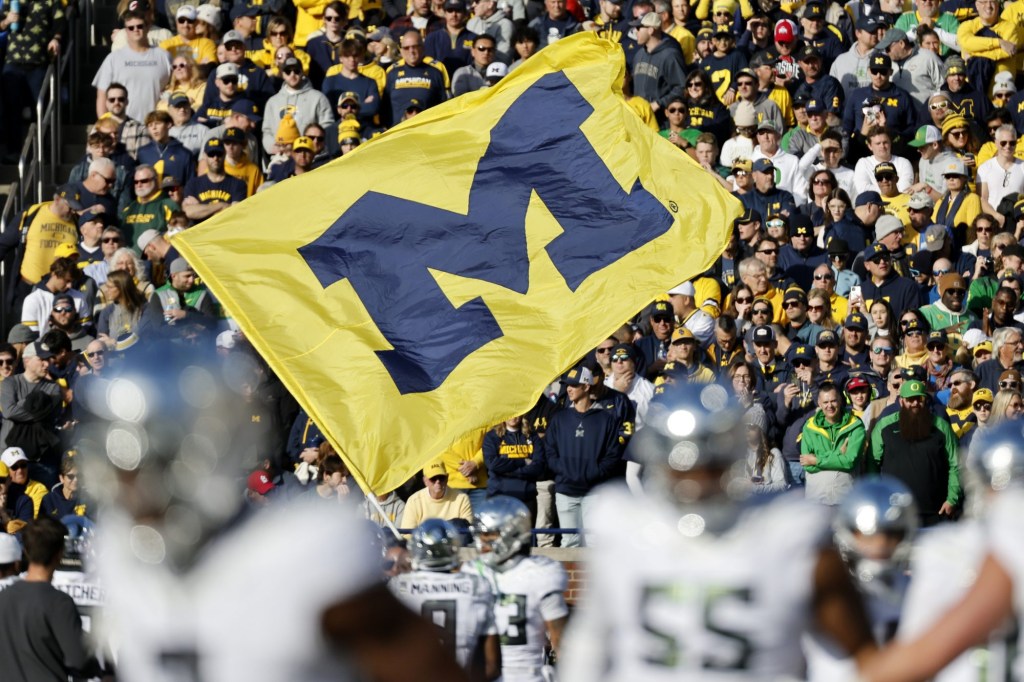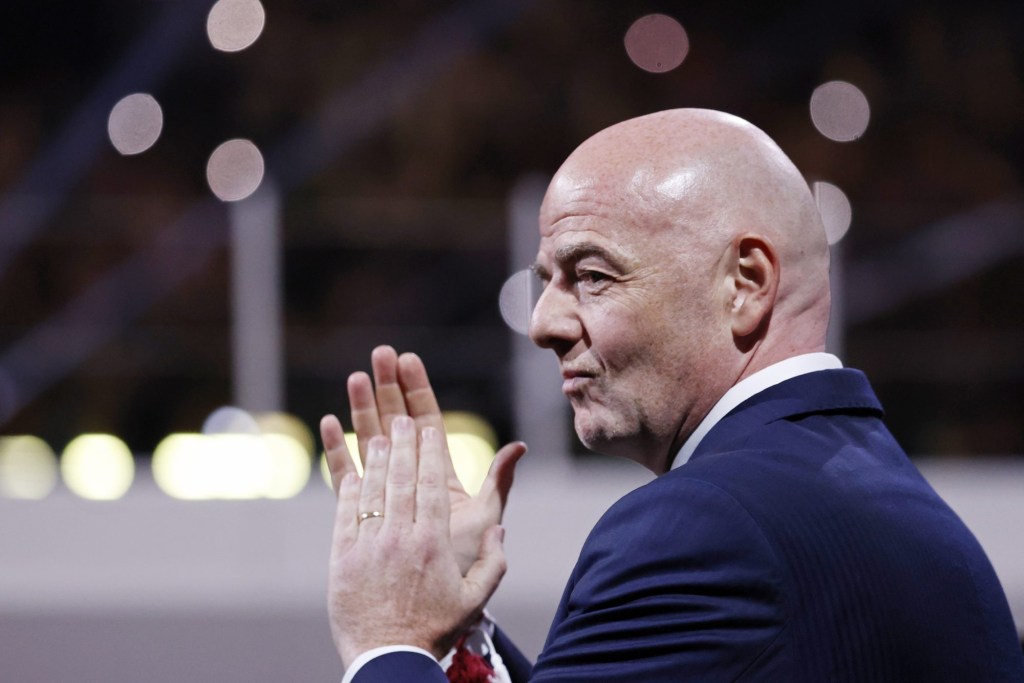Unlike many of their peers across pro sports, ownership from the WNBA’s Seattle Storm have used the team’s platform to make it known that they want to see Joe Biden and Kamala Harris in the White House for the next four years. Despite the Storm becoming the first pro sports team in recent memory to endorse a presidential candidate, experts don’t expect other franchises to follow in their footsteps.
On Oct. 21, 13 days before the presidential election, the Storm and its co-owners — Lisa Brummell, Ginny Gilder and Dawn Trudeau — announced on the team’s Twitter page that they will be endorsing the Biden and Harris ticket for president and vice president. One day after the announcement, they encouraged their Twitter followers to register to vote and to vote for Biden and Harris.
Since then, however, the Storm have appeared to loosen their approach on social media, eventually deleting the initial tweet, but adding other Biden-Harris content like phone wallpapers that feature the team’s colors and logo alongside phrases like “Biden Harris” and “No Malarkey.” After deleting the original tweet, the Storm could not be reached for comment.
Amy Koch, a Minnesota-based GOP strategist and former state senator, believes that this doesn’t mean the Storm is backtracking on their statement — but rather, veering toward neutrality.
“When you pick a side, you have ticked off half the other people, and those can be supporters. Those can be people that get you money … for teams, it can be sponsors,” Koch said. “There can be all sorts of ramifications that just aren’t fully thought out sometimes with people that aren’t in politics.”
If more clubs are to follow in the Storm’s footsteps, they should take the team’s lead in trying to determine if supporters would embrace such a move, Koch said. Even if teams know their stance on certain issues, she doesn’t expect an abundance of them to make it known to the public.
“Teams have to look to their fanbase — or where they’d like their fanbase to be — in making those kinds of decisions,” Koch said. “I don’t think every team’s going to be asked to declare — in fact, probably most will remain neutral. But certainly there will be other teams that might have pressure from internal stakeholders, from players, from front-office people, or they might be receiving pressure from their fans and then they’ll have to issue a response.”
Seeing sports figures endorse politicians is not a surprising occurrence. For years, personalities ranging from Dana White to Abby Wambach have voiced their support for candidates on both sides of the political spectrum. What makes the Storm’s Biden-Harris endorsement unique is that it comes directly from the franchise — arguably the first such instance in sports history.
Storm co-owner Ginny Gilder did not waver when explaining her reasoning for the endorsement. Following ownership’s decision in 2017 to host a fundraiser supporting Planned Parenthood, Gilder says that moment made her realize the power of both her and the Storm’s respective platforms. Change had long been on her mind, but that fundraiser was the first step in helping the Storm vocalize its thoughts on previously taboo topics.
“The night of that [2016 presidential] election, [my daughter] said to me, ‘We are going to do everything we can the next time around, Mom,’ and this [endorsement] is one of the things I can do,” Gilder told Front Office Sports shortly after the Storm’s Biden-Harris endorsement.
Despite the never-before-seen nature of the Storm’s decision, Gilder says that it was done based on the beliefs of her fellow co-owners. Having that be a standard for other teams to replicate never crossed her mind.
Following the Storm’s announcement, Gilder said that she was not surprised at the generally positive reception that it garnered on social media. As recently as February, 52% of adults age 18 and up in the greater Seattle region identified as Democrats or said they lean Democrat, according to The Seattle Times. Knowing that a majority of Seattle natives’ beliefs aligned with the Storm helped Gilder not worry about any potential backlash.
The Storm’s political outspokenness on the ownership level comes just months after the Atlanta Dream ran into their own unique dilemma. In July, Dream co-owner and Republican Atlanta Sen. Kelly Loeffler wrote a letter to WNBA Commissioner Cathy Engelbert voicing her displeasure about the league’s plans to honor the Black Lives Matter movement. The pushback was felt on both a league and team level, as players refused to say Loeffler’s name.
Michael Butterworth, director of the Center for Sports Communication and Media at the University of Texas-Austin, agrees with Koch that ownership and players need to have at least some level of agreement if one of the two were to publicly declare a Storm-like political statement.
“We’ve seen a number of examples where that resentment [between ownership and players] can build,” Butterworth said. “If ownership is acting out in a way that feels inconsistent with what the players want or or feel is important, it’s a potential problem.”
While many have noted similarities between the Storm’s Biden-Harris endorsements and efforts of people like White and Wambach, it’s not exactly an apples-to-apples comparison, says David J. Jackson, a political science professor at Bowling Green State University. In 2005, Jackson’s research paper, “The Influence of Celebrity Endorsements on Young Adults’ Political Opinions,” examined the impact of the political statements made by celebrities on the opinions of Anglophone Canadian youth.
Jackson surveyed young Canadians who at the time were enrolled in first-year university political science courses. He found that a young person’s level of agreement with certain political statements rose by Canadian celebrities’ endorsements of these positions. These celebrity endorsements, he discovered, made unpopular statements more palatable to those who were surveyed, while the level of agreement with already popular opinions rose.
According to Jackson, there are three factors that sports brands should consider if they plan on ever endorsing a political figure: popularity, likability and credibility. Since the Storm is a WNBA team less than a month removed from a league championship, Jackson says that this has helped establish the team as a leading brand in their home city of Seattle.
As the Storm continues to grow in Seattle, Jackson believes that the community’s support of the team has made public opinion surrounding the Biden-Harris endorsement more positive than other regions. This, he claims, also leads to the team increasing its credibility on social media, where it boast more than 267,000 followers across Facebook, Instagram and Twitter.
“It has, for what I think is a relatively small group of people, the ingredients necessary for it to be a successful endorsement,” Jackson said. “But successful endorsement is measured, probably in this case, less by persuasion. I don’t think people who support [President Donald] Trump are going to be persuaded to support Biden and Harris because of this endorsement, but it’ll reinforce peoples’ positions, which is — I think — what a lot of celebrity endorsements tend to do is more reinforcement than persuasion.”
Regardless of who is elected, public reaction will be extreme one way or another. While Gilder does not believe that her and the Storm’s Biden-Harris support will lead to more teams following in their footsteps, she is focused more on the impact — and less on the action.
“I would be surprised if it was [a precedent],” Gilder said. “All of those organizations are run by humans and every group of humans has to make their own assessment about what’s right for them — given their values, their business goals, their life philosophy. There’s a wide range of what people view as appropriate.”
“We didn’t do it to set a precedent. We did it to make our voices heard and to make it very clear and to do everything we can to influence the election in the way we want it to be influenced.”

